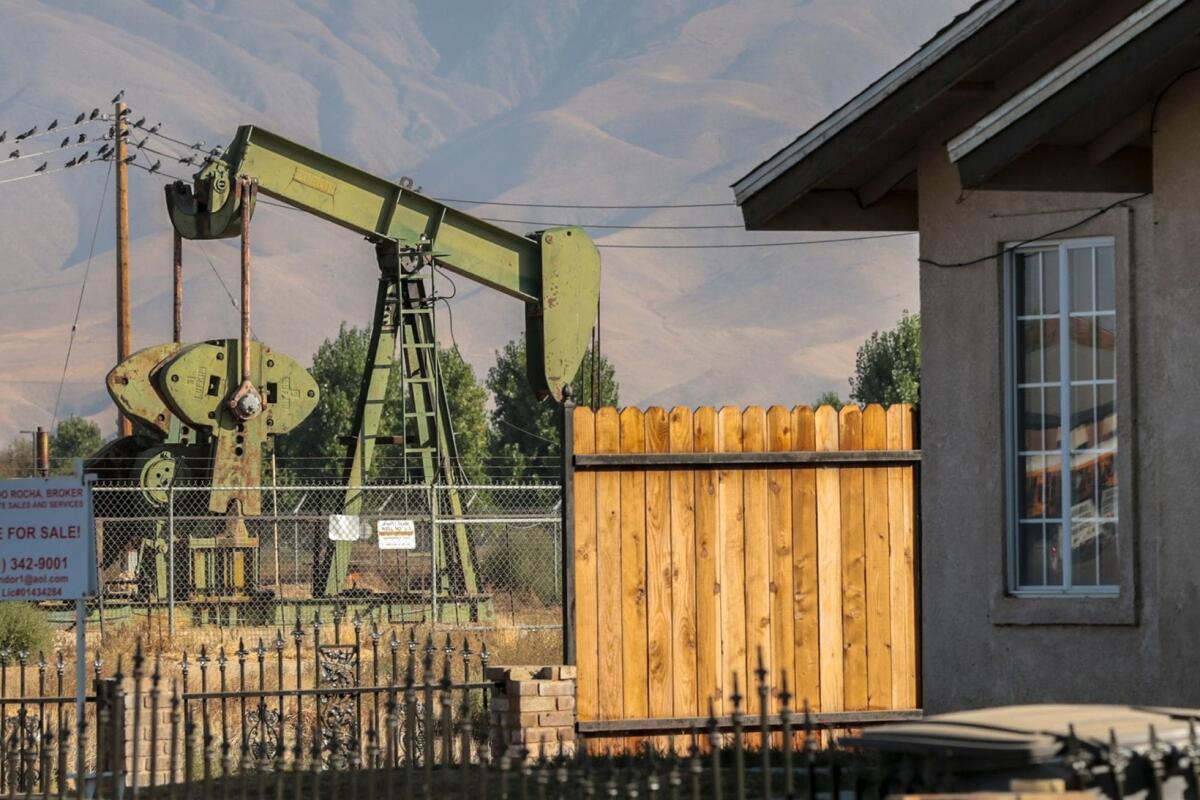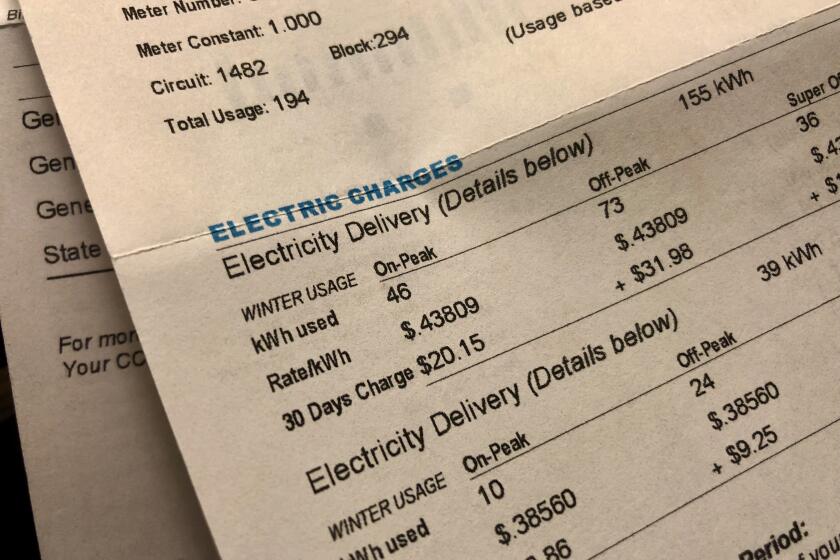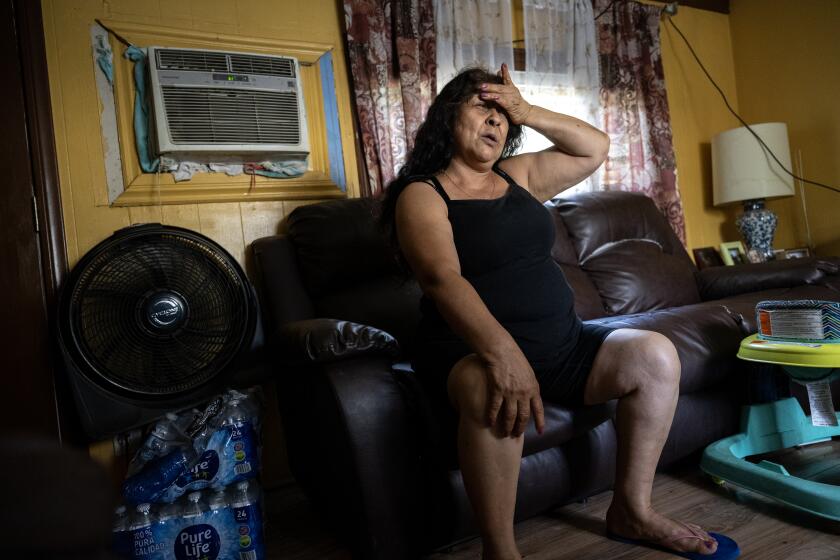Big Oil lost ballot battle, but will still fight to drill near California homes

- Share via
The oil industry’s recent decision to abandon its effort to repeal California’s neighborhood oil drilling restrictions and pull its referendum from the November ballot is a big relief.
After a 16-month suspension, the state’s 2022 law banning new drilling within 3,200 feet of homes and schools is back in effect. It’s a victory for public health, the environment and Californians, more than 2 million of whom live near drilling operations and are exposed to cancer-causing air pollutants and suffer related health ailments.
But it shouldn’t be seen as a total defeat for the oil companies that walked away with a healthy return on the more than $25 million they invested in the effort: A lengthy delay to a law they didn’t like, an undermining of the legislative process, and the ability to keep extracting oil and profits from our backyards without these restrictions for more than a year.
Legislation to divest billions of dollars in pension funds for California public workers and teachers from fossil fuel companies failed again. But climate change isn’t waiting.
When the California Independent Petroleum Assn., the industry lobbying group backing the referendum, announced the withdrawal of the measure last month, it blamed lawmakers, saying that even if its side won and voters repealed the law in November, the Legislature would simply introduce other, similar bills.
A bill by Assemblymember Isaac Bryan (D-Los Angeles) may have been the last straw. That legislation would penalize low-producing wells within the buffer zone with $10,000-a-day fines, and had cleared the state Assembly and started to move through the Senate late last month. But after negotiations with worried industry representatives, Bryan said he promised to narrow the scope of the bill if they pull the referendum from the ballot.
We’re guessing that another reason for the industry’s failure was a law passed last year that changed the confusing way questions are phrased in a referendum. Instead of choosing between “yes” and “no,” voters now decide whether to “keep the law” or “overturn the law.” Fossil fuel interests could no longer count on voter confusion to help them get rid of a law they didn’t like, and polling showed the referendum did not have enough public support.
Editorial: Californians don’t have to accept skyrocketing electric bills. Here’s how to fight back
Electric bills are rising. Here are ways to reduce the burden without slowing the shift to home and vehicle electrification to meet our climate goals.
Also key to its defeat was the strength of the coalition defending the law, which included former Gov. Arnold Schwarzenegger, actor Jane Fonda and grassroots environmental justice groups. The industry may not have relished going up against local activists — such as Nalleli Cobo — who have lived near drilling operations and fight the oil industry by focusing on the harm extraction inflicts on communities of color. Gov. Gavin Newsom also championed these protections and rebuffed industry pressure to weaken the law by narrowing the buffer zone or carving out exemptions in Signal Hill and Long Beach.
No matter what combination of factors was responsible, the restoration of this law shows you can fight Big Oil and win (and that it doesn’t hurt to have a well-funded campaign that raised more than $30 million and powerful allies in government and Hollywood).
All California homes need temperature standards to prevent heat wave deaths, not just newly built ones.
Still, the oil industry has made it clear that its fight to keep drilling in neighborhoods will continue, only in court instead of on the ballot. It’s still the state’s most powerful lobby and we can expect it to keep using its money and influence to try to get its way.
Now that the law is in force again, the California Geologic Energy Management Division, the state’s oil and gas regulator, must move past its history of coziness with the fossil fuel industry and rubber-stamping oil wells and use its authority vigorously to protect public health and safety. This division now plays a crucial role in policing a dirty industry whose days are numbered by the move to zero-emission vehicles and ensuring it winds down its operations quickly and safely, and takes responsibility for cleaning up its mess.
Although this latest threat is now off the ballot, the fight with Big Oil and its ongoing damage to our communities and our planet remains far from over.
More to Read
A cure for the common opinion
Get thought-provoking perspectives with our weekly newsletter.
You may occasionally receive promotional content from the Los Angeles Times.









